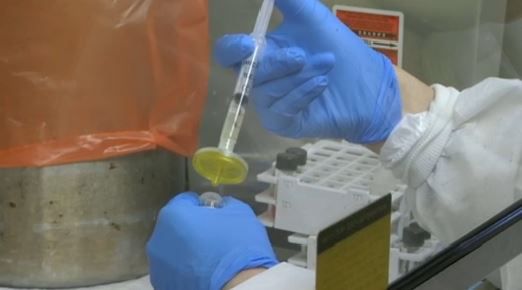The coronavirus pandemic remains a cause for concern for those who are considered immunocompromised, but a new study by researchers at the Mount Sinai Health System in New York City has found that people living with HIV are at no greater risk for contracting COVID-19.
Citing limited data, research team member Dr. Keith Sigel said, “Without data on how COVID-19 affects patients with HIV specifically, clinical guidance for managing and advising these patients has been lacking. This study sets the foundation for future studies in larger cohorts so we can appropriately address treating COVID-19 in patients with HIV.”
Dr. Jennifer Deekens, family nurse practitioner at Cornerstone Family Healthcare, said though professionals were already of the opinion that the illness would not affect care outcome, the results of this study are welcomed.
“This study reinforced our belief that individuals with HIV are not at increased risk,” she said. “COVID-19 is a new virus, and we’re learning more every day about how it affects specific populations, and as we learn more, we’ll be better able to manage it. That includes patients with HIV and patients with other chronic health conditions.”
Of those studied, the median age was 61; 40 percent were African-American; while 30% were Hispanic.
Studies like these are crucial to the medical community’s response to the pandemic.
“All studies are important when it relates to this virus, because we don’t know what we don’t know at this point,” Deekens said.
Researchers identified 88 individuals living with HIV who were hospitalized with COVID-19. They had what is called high proportions of virologic control for HIV.
“They had viral loads that were considered undetectable,” Deekens said. “And what this means is that the virus level was so low in their body that it could not be detected. Overall, this leads to a greater quality of life.”
Of course, they must follow up with their prescribed HIV medication regimen.
“It is vitally important for individuals that are living with HIV to maintain regular appointments with their health care provider, [and] ensure that they’re following all current social distancing guidelines. These are the same guideline that any individual should be following, regardless of their HIV status,” Deekens added.
The researchers said verification of this finding in other large cohorts is now warranted to improve understanding of the impact of COVID-19 on people living with HIV.



